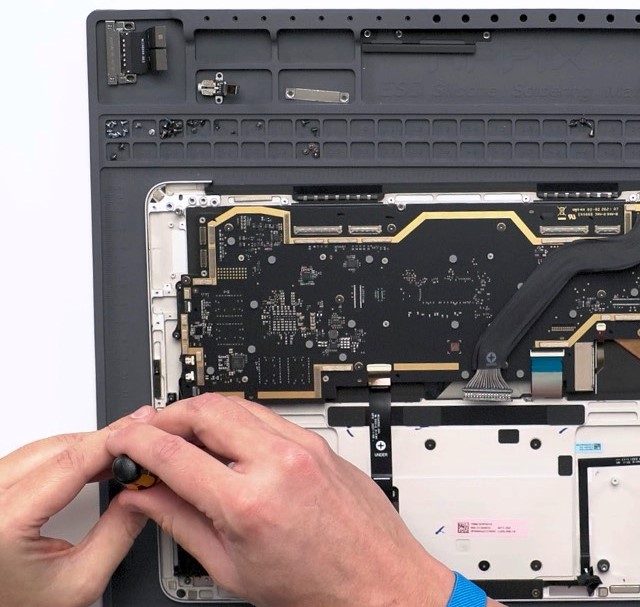Pressing the accelerator on our low carbon circular economy
A new report has identified four key ways to expedite New Zealand’s progress towards an efficient circular economy. The Sustainable Business Network (SBN) and Grant Thornton New Zealand have released […]
A new report has identified four key ways to expedite New Zealand’s progress towards an efficient circular economy.
The Sustainable Business Network (SBN) and Grant Thornton New Zealand have released their joint report into the barriers New Zealand’s current financial system creates for meaningful progress towards a low carbon circular economy.
The Circular Revolution backs the movement towards a circular economy in Aotearoa. However, their research reveals a lack of incentives for businesses to switch to more sustainable circular business models, and how our financial systems help perpetuate the country’s current linear economy.
James Griffin, General Manager, Projects and Advisory at SBN explains: “The vast majority of businesses operate on a linear basis with a take, make, waste mindset. We take what we want from the environment to make products, which frequently end up as waste at the end of their often-short lifespans.
“In circular economies, resources aren’t abandoned to become waste or pollution. Instead, waste is designed out of the production process and the resources we use are kept in circulation.”
Michael Worth, Partner, and Sustainability and Impact leader at Grant Thornton New Zealand says: “Quite understandably, businesses won’t move from a linear model until their sustainably produced products can compete at the checkout, so we need to tilt the playing field the other way.
“Current regulation, taxation and accounting practices don’t provide the necessary carrots and sticks to support a circular economy, but there are highly effective ways to incentivise businesses to adopt circular businesses models. Incentives are fundamental to behaviour change. Monetary consequences drive action.”
The report states that while much of the damage done to our environment is irreparable, there are still options; it identifies four key influences to expedite progress towards circularity:
1. NZ Government: a key role to play
The Government has significant power to affect the pace of change. The business community needs effective incentives and easy access to government funding for circular initiatives. It also needs penalties for linear businesses that send a strong message about the new way forward. The low hanging fruit is lying in plain sight. The Tax Working Group’s recommendations must be implemented to incentivise sustainable business practices, and new taxes should be considered to accelerate change. Beyond that are the levers around depreciation, certification, and governance, along with easier access to new and improved grants.
2. Banks and lenders: a shifting of mindset and skillset
The researchers’ discussions with banks and other lenders revealed there is room for improvement. Lenders report they are inundated with requests for sustainable funding. But they admit they lack sufficiently trained staff around circularity. This means they revert to traditional commercial metrics to assess value and risk in their approval process, which makes for a difficult financing discussion between both lender and borrower, and it’s a clear disincentive to move away from a linear business model.
3. Businesses: start at the very beginning
As access to non-renewable virgin product reduces, now is the time for businesses to start future proofing their operations while they still can. The answer lies in examining the business from beginning to end. Examining how to change from non-renewable virgin materials to sustainable ones, how to modify production methods, how to fund that change and how to maintain customer loyalty. Everything is touched by a circular model. The secret lies in seeing the bigger picture, knowing what grants and funding options are available, and working with advisors who can help you navigate the path ahead.
4. Customers: take time to care
Fast, cheap and convenient defines the current customer world. However, as landfill increases and pollutants like plastic continue to invade the environment, this way of life is not sustainable. All consumers need to take personal ownership and accountability for the impact their buying decisions make on our environment and our economy. This means taking the time to learn more about the products we buy, re-using before replacing and when we must buy new, we should be seeking out products that are built to last, can be repaired when needed and made with materials that are both recycled and recyclable.
Grant Thornton and SBN’s report The Circular Revolution can be downloaded here.






